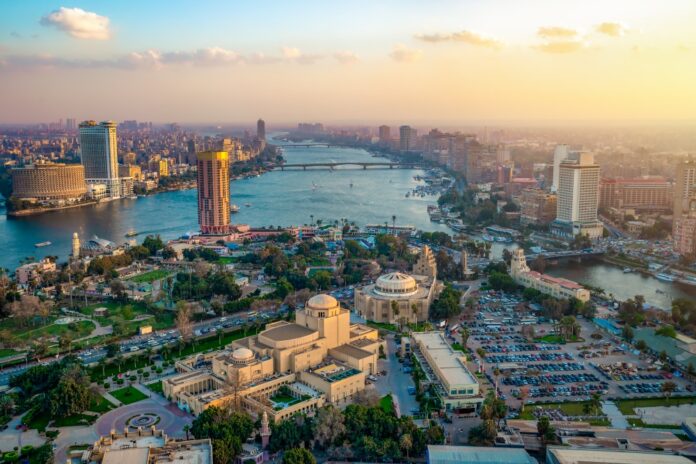Islamic finance industry’s 10% expansion needs release
The next year is set to be a bonanza for fintech operators in the Middle East, with huge opportunities for mobile operators. The $2.2 trillion global Islamic Finance sector is set to expand by 10 per cent in 2022-2023 after a similar growth trend in total assets in 2021. However, despite vast demand the growth is being held back by structural constraints, according to a new report. FinTech could relieve the pressure by mobilising Islamic finances and releasing a huge amount of energy in the economies of the Middle East and Africa.
Recovery of core
“This year, we think higher commodities prices will underpin a stronger recovery in many core Islamic finance markets. Moreover, most of these countries are relatively resilient to macroeconomic shocks resulting from the Russia-Ukraine conflict. This will support the industry’s prospects for 2022-2023 but global headwinds could change the picture,” said S&P Global Ratings head of Islamic finance Mohamed Damak.
Growth
According to Invesco experts, who expect to see the continued growth of opportunities for investors looking for Shariah-compliant investment vehicles in 2022, a remarkable rise in the range of Islamic exchange-traded funds (ETFs) would drive global Islamic finance assets to grow to $4.94 trillion in 2025.
Surge
The surge in ETFs has been attributed to fund managers in the UAE, Saudi Arabia, the United States and Europe. ETFs overall had a record year in 2021 with more than 900 new launches worldwide and over $1 trillion in global net inflows, taking assets under management to $9.9 trillion at the end of November, according to Invesco experts, who expect to see the continued growth of opportunities for investors looking for Shariah-compliant investment vehicles in 2022.
Governance
S&P Global Ratings noted that the Islamic finance industry is still held back by structural weaknesses, namely the complexity inherent to transactions and the correlation of performance with oil prices given concentration in commodities-exporting countries. What’s more, the clear preference of some Shariah scholars for a higher proportion of profit and loss sharing in sukuk is posing certain legal challenges.
Digitisation
“However, we see opportunities in the alignment of certain Islamic financial products and environmental, social, and governance factors and recent strides in digitalization. We expect to see a higher volume of green and sustainability sukuk (from a low base) as issuers look to broaden the investor base and include funds aligned with sustainability themes. Moreover, digital sukuk could generate significant investor interest in the future once the necessary prerequisites are implemented,” said the report.
“Based on these factors, we believe the market will expand about 10 per cent in 2022-23 after 10.2 per cent growth in total assets in 2021 (excluding Iran),” Damak said.



